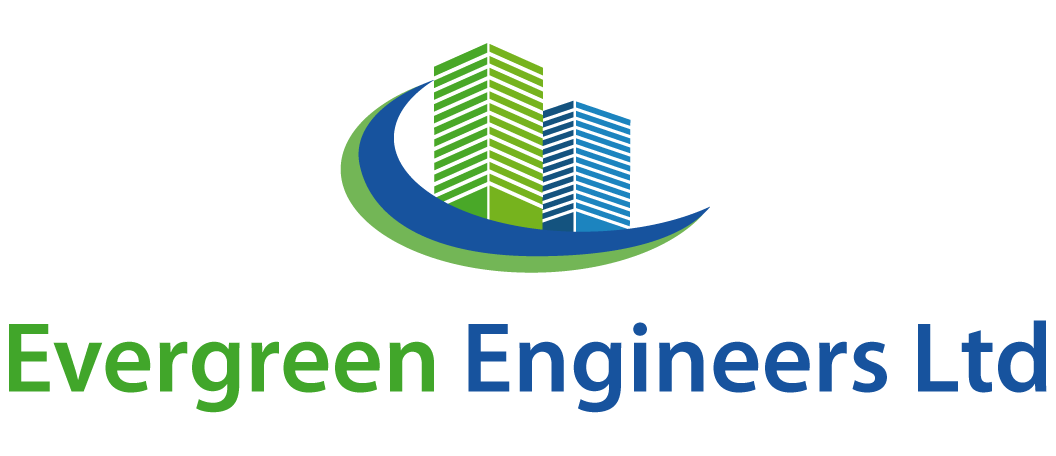Dual citizenship allows individuals to legally hold citizenship in two countries simultaneously, offering unique advantages that appeal to global professionals, frequent travelers, and those seeking expanded personal and economic opportunities. Although the application process varies depending on the countries involved, dual citizenship can open the door to a wealth of benefits. This guide delves into...
Author: admin
Understanding UK Visa Rejection: Top Reasons and How to Reapply
Securing a UK visa is often a critical step when planning to travel, study, work, or migrate to another country. However, visa rejection is a common and frustrating experience that can delay or disrupt these plans. Understanding the reasons behind visa denial and learning how to reapply effectively can make the process smoother and more...
Navigating Visa Requirements for Digital Nomads and Remote Workers
With the rise of remote work and the growing trend of digital nomadism, more individuals are seeking opportunities to work from different parts of the world. While this lifestyle offers freedom and flexibility, it also comes with unique challenges, particularly regarding visa requirements. Understanding the visa landscape for digital nomads and remote workers is essential...
How to Appeal a Visa Denial: Steps to Strengthen Your Case
Receiving a visa denial can be a disheartening experience, but it’s not the end of the road. Many applicants are unaware that they can appeal the decision and present a stronger case. If you’ve been denied a visa, following the right steps to appeal the decision can increase your chances of success in the next...
Family Visas in the UK: Bringing Loved Ones Together
Family is often considered the cornerstone of our lives, and for many, the desire to bring loved ones together in the UK is a crucial aspect of immigration. Family visas allow individuals to reunite with their partners, children, or other relatives. This blog aims to provide a comprehensive overview of family visas in the UK,...
The Role of Property Inspections in Ensuring Tenant Safety
Property inspections play a vital role in maintaining tenant safety in rental properties. Regular inspections help landlords and property managers identify potential hazards, ensure compliance with legal standards, and address maintenance issues before they escalate. This blog will explore the various aspects of property inspections, how they contribute to tenant safety, and best practices for...
How Seasonal Changes Affect Property Inspections and What to Look For
When it comes to property inspections, the season can significantly influence the outcome. Various factors, including weather conditions, temperature fluctuations, and moisture levels, can affect the structural integrity and overall condition of a property. Understanding these seasonal impacts is crucial for both homeowners and inspectors to ensure a thorough and accurate assessment. Winter: The Hidden...
Property Inspection Reports for UK Immigration and Visa Applications
Property Inspection Reports for UK Immigration and Visa Applications What is a Property Inspection Report? A property inspection report is a document that provides a detailed assessment of a property’s condition and suitability for residential use. This report is often required by UK immigration authorities as part of visa applications, particularly for those seeking to...
The Hidden Costs of Skipping a Property Inspection
When purchasing a home, the excitement of finding the perfect property can sometimes overshadow the practical steps that ensure a sound investment. Among these steps, a property inspection is crucial. It might be tempting to skip this seemingly optional expense, especially when trying to stay within a budget. However, bypassing a property inspection can lead...
The Impact of Property Conditions on Immigration and Visa Applications
When applying for immigration or a visa, applicants often focus on gathering personal documents, financial records, and other essential paperwork. However, one crucial aspect that is sometimes overlooked is the condition of the property where the applicant intends to live. Property conditions can significantly impact the success of immigration and visa applications, particularly in countries...







